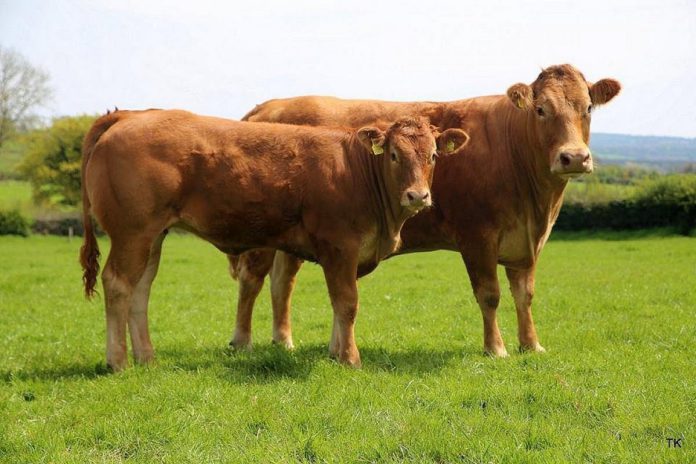Resistance to dosing products is of increasing concern. It is therefore incumbent on farmers to ensure that they are using the right product at the right rate at the right time, writes Stuart Childs, Teagasc Dairy Specialist.
Animals have in the past been over-dosed, under-dosed or dosed with the wrong product for the problem they have.
Given that there is known resistance to dosing products in sheep and strong indications that the same is beginning to happen in cattle from work by Dr. Orla Keane in Teagasc Grange, it is incumbent on farmers to ensure that they are using the right product at the right rate at the right time.
Not only is this the right thing to do, but it may actually save you money.
Dung sampling
Information in the form of dung sample results is, therefore, a must for every farmer. Dung samples can be taken either directly from the animal/animals or from fresh dung on the ground.
You may test a particular animal directly or if you wish to check the parasitic burden in a group of stock, you can take up to 10 (the more, the better) individual samples and pool them for testing. Sample pots should be dropped to your vet as soon as possible following sampling.
Turnaround times for results are generally quite short so the process will not delay dosing too long if it is necessary.
Dung sampling will allow you to;
- Diagnose whether or not there is a worm or fluke issue;
- Establish the level of infection;
- Formulate an appropriate dosing regimen with your vet;
- Test treatment effectiveness and/or resistance against products.
Treatment programmes
Treatment Programs as prescribed by your vet will be influenced by the management system on the farm, previous test results if you have them, dosing history, the time of the year that you are testing at and the prevailing weather conditions at the time.
Many of these can change from sampling period within a year as well as changing from year to year. Consequently, it should be clear that doing what you always do may not cut the mustard and in fact could even be completely wrong.
DBYD is an acronym for the Gas Networks Ireland service ‘Dial Before You Dig’ to ensure people are safe if working near gas lines.
Farmers must now think of DBYD before catching the dosing gun or that bottle of pour on and ‘Diagnose Before You Dose’.





